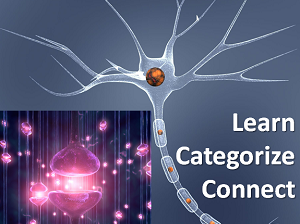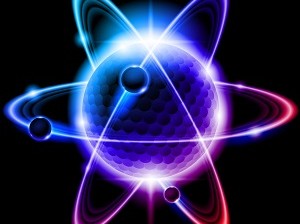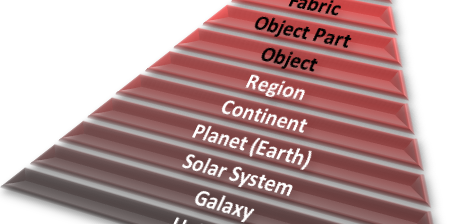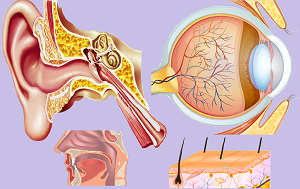Category Archives: Ontology
25 Mar Generalization and Inference

What do you do when you encounter something completely new, such as a new flavor. Can you identify that it is a flavor and that it resembles some flavors you’ve encountered before? If you knew about bridges from experience, but had never seen a drawbridge, or a lift bridge or a covered bridge, would you be able […]
19 Mar Fuzzy Logic Section Intro

Why do we find Mr. Spock, Commander Data or C3P0 so lovable? We have all known people like them: they are the ones who see the world in black and white. Spock had an excuse – he was a Vulcan who knew a lot. Computers, on the other hand, can be downright exasperating when they get […]
13 Mar Probability and Expectations

The sun is pretty likely to rise tomorrow – you can have confidence in that, but it is sometimes said that “there is no guarantee.” Scheduling meetings tomorrow based on the sunrise assumption is a safe bet, but there may be any number of other things that interfere with the meeting. Life is filled with […]
12 Mar Building a Concept Hierarchy

Existential knowledge, our knowledge of things that exist, is hierarchical. In other words, we categorize things into classes. Objects in these classes form the content of our thoughts. We have heard about the phylogenetic tree, the “tree of life” or the system of biological classification. This is a beautiful example of a regular taxonomy (irregular might have […]
11 Mar Joe’s Theory of Everything

While my teachers explained that language is about nouns and verbs, I think language is about symbolically representing everything and communicating about anything to anyone. There are many ways to look at the milieu in which we live from the tiniest sub-atomic particle on up. One way is to look at the larger context of […]
08 Mar In the Middle of a Big Wide World

The guy on the previous post (Your Personal Bubble) represents your typical office worker who sees himself as part of a universal hierarchy or taxonomy, though not exactly where he’d rather be in the big wide world. Each moment, we each learn from our own vantage point. While we can learn about all physical things, from […]
04 Mar Gnosticism, Mysticism and Hard Knowledge

Neural Network science describes oft rejected explicit knowledge in neurons as “gnostic cells” or “gramma cells” suggesting one neuron knows about gramma. Not all scientists agree with associationist theories that explain learning in the context of things that pre-exist in memory. In fact, an entire school of thought flatly rejects explicit representations that form the core […]







